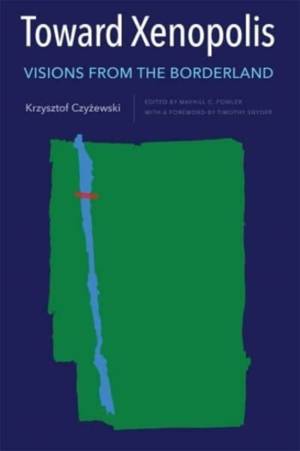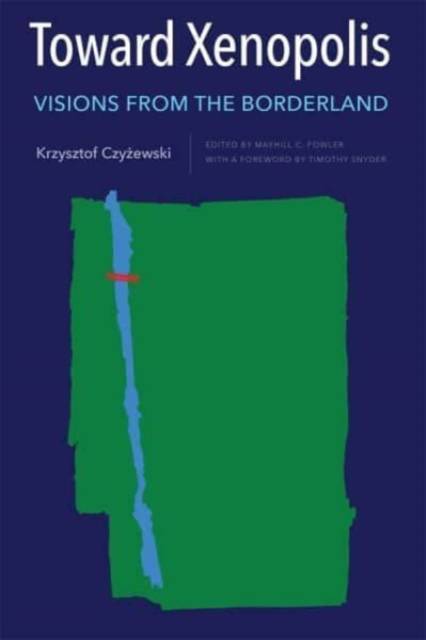
- Afhalen na 1 uur in een winkel met voorraad
- Gratis thuislevering in België vanaf € 30
- Ruim aanbod met 7 miljoen producten
- Afhalen na 1 uur in een winkel met voorraad
- Gratis thuislevering in België vanaf € 30
- Ruim aanbod met 7 miljoen producten
Zoeken
Omschrijving
How do we build civil society? How does a society repair itself after violence? How do we live in a world with others different from ourselves? These questions lie at the heart of Krzysztof Czyzewski's writing and his work with Fundacja Pogranicze, the Borderland Foundation, at the border of Lithuania, Poland, and Belarus. Writing from the heartland of Europe's violence and creativity, Czyzewski seeks to explain how we can relate better to each other and to our diverse communities. Building on examples of places and people in East-Central Europe, Czyzewski's essays offer readers concepts such as the invisible bridge, the nejmar (the bridge-builder), and the xenopolis (the city of others), which create community throughout the world. The three sections of the book--concepts, places, and practices--show how this cultural work bridges the divide between concepts and practices and offers a new map of Europe. Ultimately, Czyzewski hopes we can all move toward xenopolis, toward the understanding that others are, in fact, ourselves. This book offers an introduction to Czyzewski's work, with framing essays by specialists in Central and East European history.
Specificaties
Betrokkenen
- Auteur(s):
- Uitgeverij:
Inhoud
- Aantal bladzijden:
- 236
- Taal:
- Engels
- Reeks:
- Reeksnummer:
- nr. 27
Eigenschappen
- Productcode (EAN):
- 9781648250354
- Verschijningsdatum:
- 15/04/2022
- Uitvoering:
- Hardcover
- Formaat:
- Genaaid
- Afmetingen:
- 152 mm x 229 mm
- Gewicht:
- 485 g

Alleen bij Standaard Boekhandel
+ 129 punten op je klantenkaart van Standaard Boekhandel
Beoordelingen
We publiceren alleen reviews die voldoen aan de voorwaarden voor reviews. Bekijk onze voorwaarden voor reviews.








